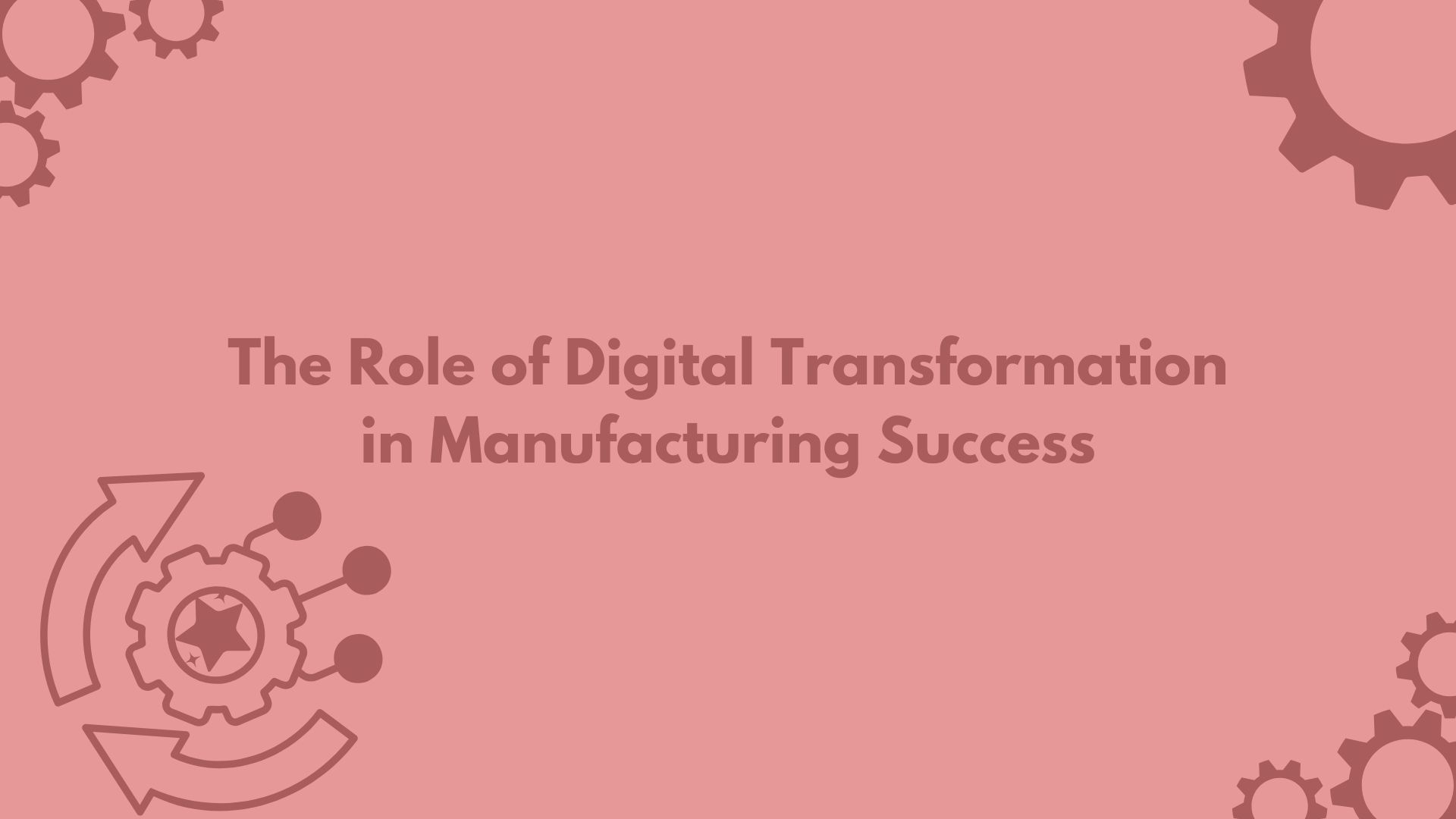Introduction
Digital transformation is revolutionizing the manufacturing industry, offering unprecedented opportunities to enhance efficiency, reduce costs, and improve product quality. This blog explores how technologies like IoT, AI, and automation are shaping the future of manufacturing.
Key Technologies Driving Digital Transformation
- Internet of Things (IoT)
IoT connects machines and devices to provide real-time data insights.- Applications: Predictive maintenance, inventory tracking, and quality control.
- Example: Smart factories that optimize production based on data analytics.
- Artificial Intelligence (AI)
AI enhances decision-making through predictive analytics and automation.- Uses: Defect detection, demand forecasting, and process optimization.
- Automation and Robotics
Advanced robotics improve precision and efficiency in repetitive tasks.- Examples: Robotic arms for assembly and autonomous forklifts for logistics.
- Digital Twins
Virtual replicas of physical assets allow manufacturers to simulate and optimize processes.- Benefits: Reduced downtime and improved design accuracy.
Benefits of Digital Transformation
- Increased Efficiency: Automated systems and data insights streamline operations.
- Cost Reduction: Predictive maintenance minimizes equipment downtime and repair costs.
- Better Customer Experience: Faster production times and higher quality products enhance satisfaction.
Conclusion
Digital transformation is no longer a luxury—it’s a necessity for manufacturers seeking to remain competitive. By embracing advanced technologies, companies can unlock new levels of efficiency, productivity, and innovation.









